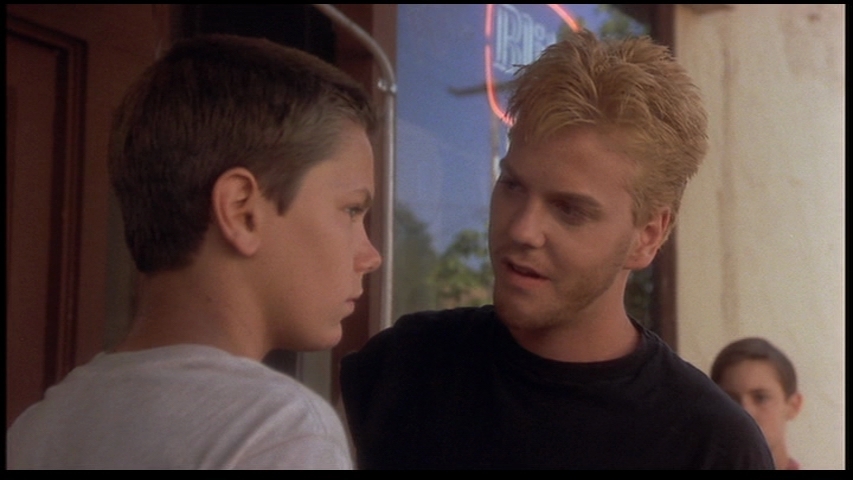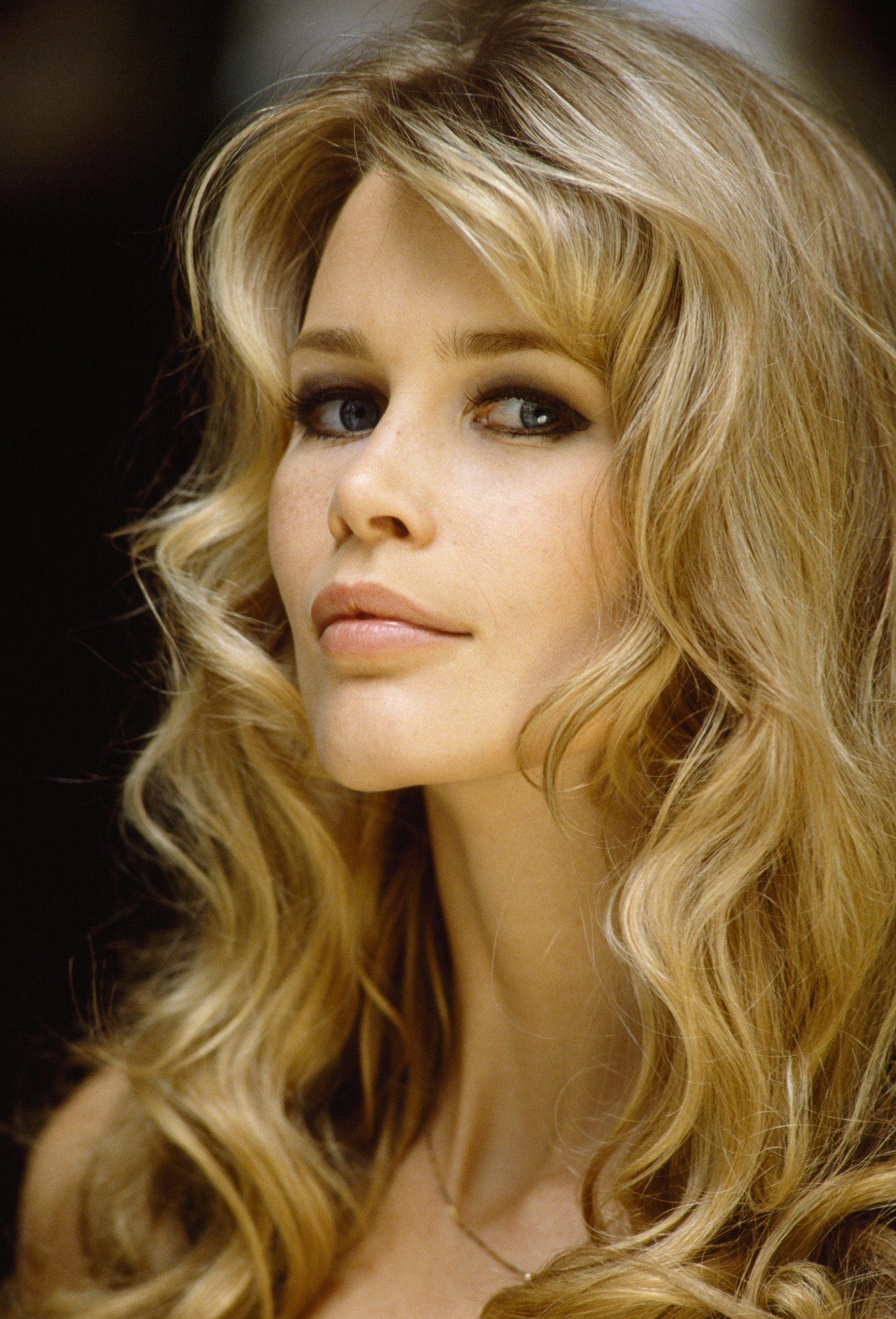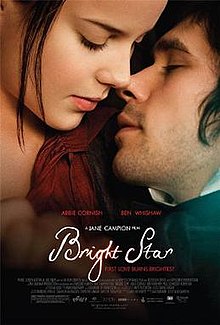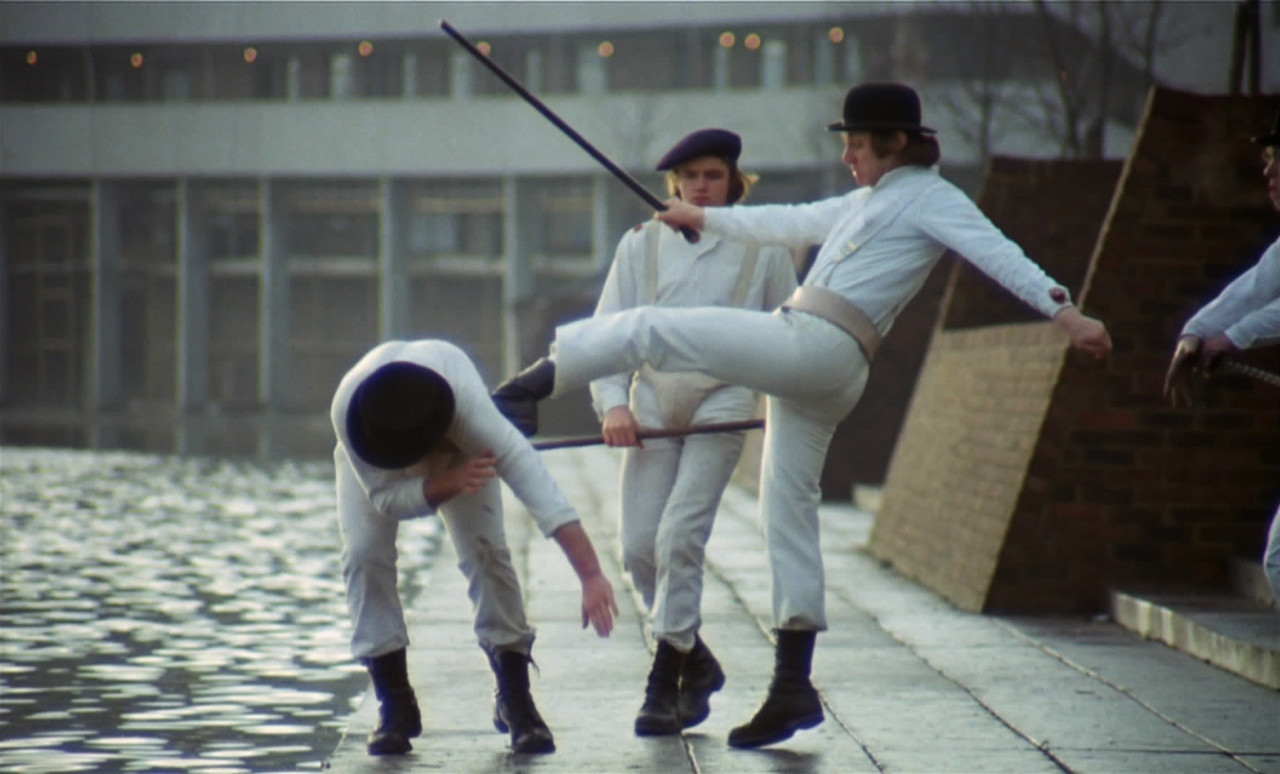I won’t take the name of the book, but its side characters were so
undeveloped, I couldn’t make it till the end. Eight siblings live together but
since the author was only concerned with the protagonist, she got married and
had children. As for the rest? Two died, while the other five decided to live
like hermits with no family. Really? The author couldn’t have spared two lines
about how at least one of them finds a spouse?
Know the life of your characters before and after the book starts even
if the information isn’t relevant to the plot. You don’t have to add any of
their biography in the book, but if you know your character’s life, he will
automatically develop his own unique personality.
Within the story, your protagonist is the most important character. But
as a writer, you get an aerial view of the story and by now you must know just
how important side characters are. If you start them off with a side story and
don’t finish it, it’s a loose end. A loose end that your story will eventually
trip on and fall. At the same time, you can’t give each person their own saga,
so here are a few suggestions about how to make your side characters seem like
a fully developed persons existing in their own right.
1. A Strong Relationship
 |
| Arthur & Eames' bad relationship was one of the best things about Inception. It was not necessary to the plot, but gave them additional personality. |
My current project deals with seven rather important side characters.
Two of them were brothers who help out the protagonist. When they seemed too
stilted, I made them fiercely competitive. Whenever they’re in a scene, they’ll
pass snide remarks about each other. Suddenly from being one dimensional people
related to my protagonist, they also have their own life. It tells the reader
that although we’re concerned with the heroine, when these brothers leave the
pages of the book, they’ll continue living their lives, probably undercutting
each other. If your characters connect to each other in ways other than the
protagonist, it’ll make them more realistic.
2. Specificity
Sometimes all you can afford is giving a character two lines worth of
description. If you pin down one specific trait, it’ll be enough to give them a
personality. I read a story the other day where a man goes to his seventy year
old mother for advice. The mother gave advice (her role within the book), but
it was interspersed with her packing posters of Brad Pitt for a trip (separate
personality). Not just that, she has Backstreet Boys CDs, and I think
accessories of the Twilight men. She features in the entire novel for half a
page, but I remember her because of the quirky personality- “the old ogling
lady.”
3. Know Your Side Characters
 |
In the film"Stand By Me" the cast & crew said they knew what
happened to Gordie's cap. Did the audience ever find out? Nope.
But it helped Keifer Sutherland get into the head of the
evil "Ace."
|
For example, if you decide that Tracy loved to ride horses as a kid (a
detail that’s never going to find its way into the book), it’ll influence the
course of your story meaningfully. Instead of the protagonist meeting Tracy at
a café, the friends could meet at Tracy’s ranch. Or when Tracy is ending her
phone call with the protagonist, she might say, “Take care, sweetheart. I gotta
go feed the horses.”
Sure, it’s just a few sentences, but your audience will form a distinct
image of Tracy- the girl who likes horses, she’s probably an animal lover, and
in good shape because she works at a ranch.
4. Protagonist
 |
| Side characters have a life of their own. Separate from the protagonist. |
As mentioned above, the hero is the center of the story, but not
necessarily the center of your side character’s lives. Please don’t forget
that. My friend wrote a story a while back where the heroine’s husband cheats
on her. Sure, the audience is outraged. But then, the husband’s brother is so
disgusted, that he disowns his own blood due to the infidelity. I’m not saying
that family members can’t scold each other, but my friend forgot that the
heroine was not as important to her brother in law as she was to the story.
Hamlet is a good example of this. The man is withering away because of
grief, but the kingdom (particularly his mother and uncle) seem to be moving
on. We are concerned with him because we are readers, but the other characters
have to live their lives.
Think of fairytales, how much do we know about Rapunzel’s parents or
even the prince? Now think of who fairytales are intended for. If you want to a
story with depth and layers, be sure to make memorable, well developed side
characters.











